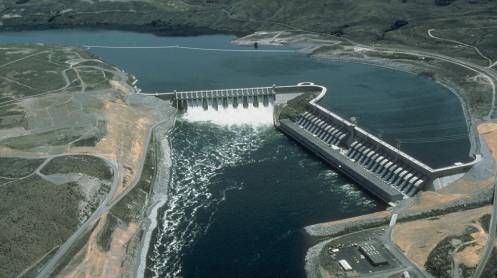ISLAMABAD: Kohala Hydro Company Limited (KHCL) has formally requested an extension of its Letter of Support (LoS) for the \$2.5 billion, 1,124 MW Kohala Hydropower Project (HPP) until September 30, 2027, citing strategic and legal imperatives tied to Pakistan’s rights under the Indus Waters Treaty (IWT).
In a detailed letter to the Managing Director of the Private Power and Infrastructure Board (PPIB), KHCL CEO Liu Yonggang emphasized the critical importance of timely development of the Kohala HPP to assert and preserve Pakistan’s hydroelectric rights on the Jhelum River, guaranteed under Article III of the IWT.
KHCL warned that any delay in the project could mirror the setback Pakistan faced in the Kishenganga Dam dispute, where the Court of Arbitration ruled that only “existing” uses at the time of India’s project notification were protected. As the Neelum-Jhelum project was not operational at the time, Pakistan lost the legal standing to challenge India’s water diversion.
Given this precedent, KHCL argues that formally extending the LoS and Water Use Agreement is essential to solidify Pakistan’s “existing use” of the Jhelum tributary—strengthening its position under both the IWT and customary international water law, such as the 1997 UN Convention on International Watercourses.
The Kohala HPP, being developed by a Chinese state-owned enterprise under the China-Pakistan Economic Corridor (CPEC), carries significant geopolitical weight. KHCL emphasized that such high-profile investment not only supports Pakistan’s energy transition but also acts as a deterrent against unauthorized upstream interventions by India, especially in light of recent unilateral Indian actions to suspend key treaty obligations.
The PPIB Board, in its 144th meeting held on September 18, 2024, had already approved the LoS extension in principle. KHCL has since met all preconditions, including the deposit of a \$5.62 million performance guarantee. The company is now urging immediate issuance of the formal notification to maintain project momentum and safeguard Pakistan’s sovereign water rights.
Failure to do so, KHCL warns, could weaken Pakistan’s position in any future legal disputes and further delay the realization of a strategically critical energy infrastructure project.
Story by Mushtaq Ghumman







